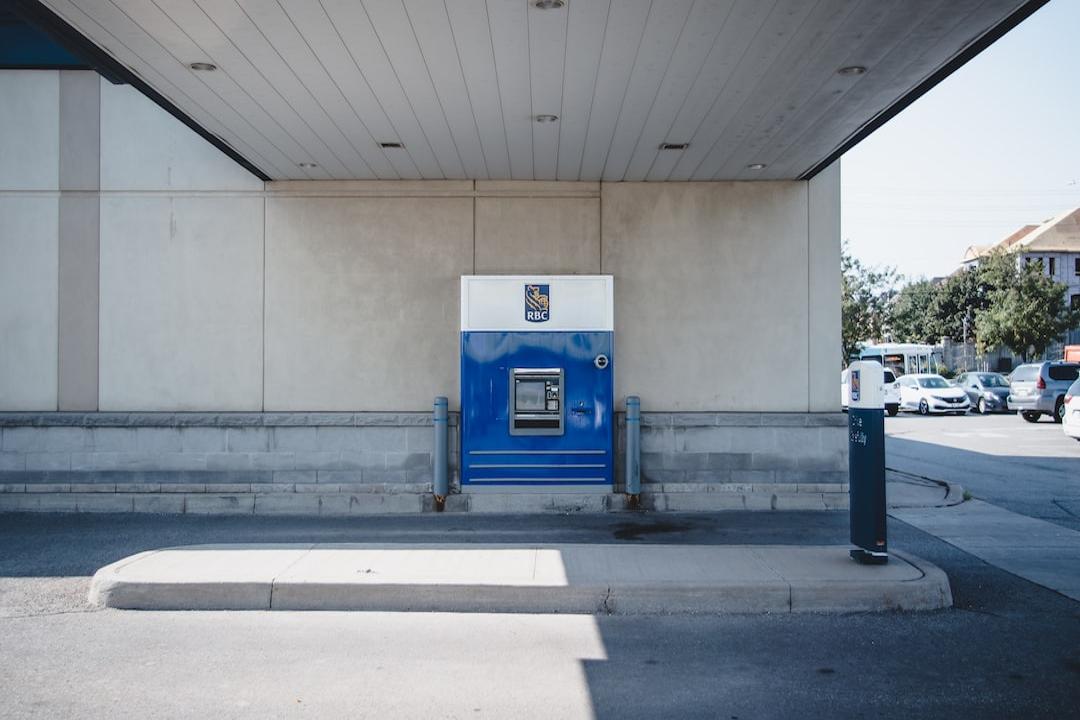CryptoWorldNews reports:
TapSwap’s decision to postpone token release and airdrop highlights a strategic approach. The delay faced by TapSwap is not an isolated event but reflects a broader trend in the blockchain industry.
TapSwap, a well-known click game on Telegram, has announced the postponement of its highly anticipated token, now rescheduled for the third quarter of 2024. Additionally, the project’s airdrop, which involves distributing cryptocurrency to user wallets for free, will coincide with the token release.
In early May, the TapSwap team announced the upcoming TapSwap Pools, originally set for release on May 30th. However, they recently disclosed that due to a significant number of bots attempting to rent airdrop spots, the launch will be delayed until July 1st.
TapSwap cited reasons for the delay, stating on X (formerly known as Twitter):
“Recently, TapSwap has sparked considerable discussion, especially concerning listing on tier-one exchanges, significant price drops, and more… This attention has not only attracted scammers but also leaders in the web3 industry.”
Further elaborating,
“This level of attention necessitates further work on tokenomics and a correct launch strategy. This means additional time is required.”
The community has expressed disappointment over the changes in plans, marking the second delay in token release by the TapSwap team without specifying a new date. Notably, Crypto with Khan, a user on X, remarked:
“Take it slow. Don’t rush it, do your best, and come out with a top-notch project. I support you. Every good thing takes time to build. Cryptocurrency isn’t a get-rich-quick scheme. Whoever isn’t happy should delete their Telegram bots and leave.”
It goes without saying, aside from various executives, TapSwap also assures users that this delay will ultimately benefit them “in a meaningful way.”
Token release delays are not uncommon. Recently, Hamster Kombat (HMTR), Notcoin (NOT), and Ethereum (ETH) Layer 2 network Blast have also faced similar issues.
Therefore, despite mixed reactions within the community, these delays reflect a strategic response to ensure a strong and secure launch.

